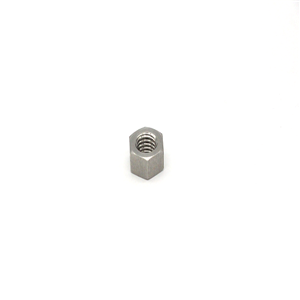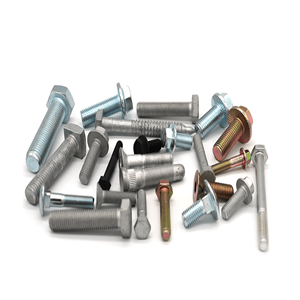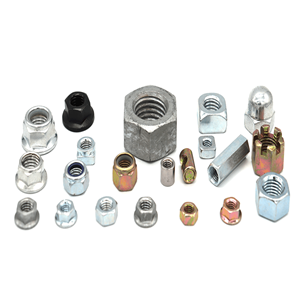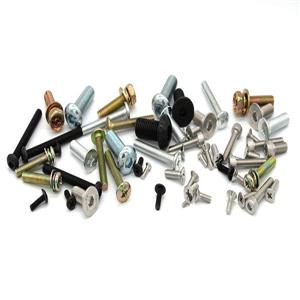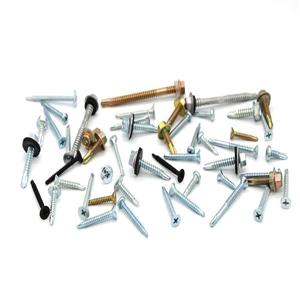-
0703-2020
Inconel alloys introduction of fastener product materials
Inconel alloys are generally known for their resistance to oxidation and their ability to maintain their structural integrity in high temperature atmospheres. There are several Inconel alloys that are used in applications that require a material that does not easily succumb to caustic corrosion, corrosion caused by high purity water, and stress-corrosion cracking. While each variation of Inconel has unique traits that make it effective in different circumstances, the majority of the alloys are used frequently in the chemical industry. Inconel 601 is a nickel-chromium alloy that has additions of aluminum. These additions increase its resistance to oxidation and various forms of corrosion. This has made Inconel 601 a common material in heat treating equipment, furnaces, and gas-turbine components. Inconel 690 has a similar makeup to 601, but it is considered a high chromium-nickel alloy. The high chromium content in 690 makes it especially resistant to corrosion that occurs from salts, oxidizing acids, and other elements commonly found in aqueous environments. Inconel 625 differs from many of the other Inconel alloys because its composition includes substantial amounts of nickel, chromium, and molybdenum. It also has an addition of niobium. The result is an alloy that possesses high levels of strength without ever having to go through a strengthening heat treatment. Inconel 625 is especially effective at resisting crevice corrosion, making it a chosen material in the aerospace and marine engineering industries.

